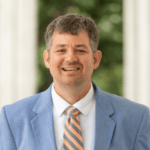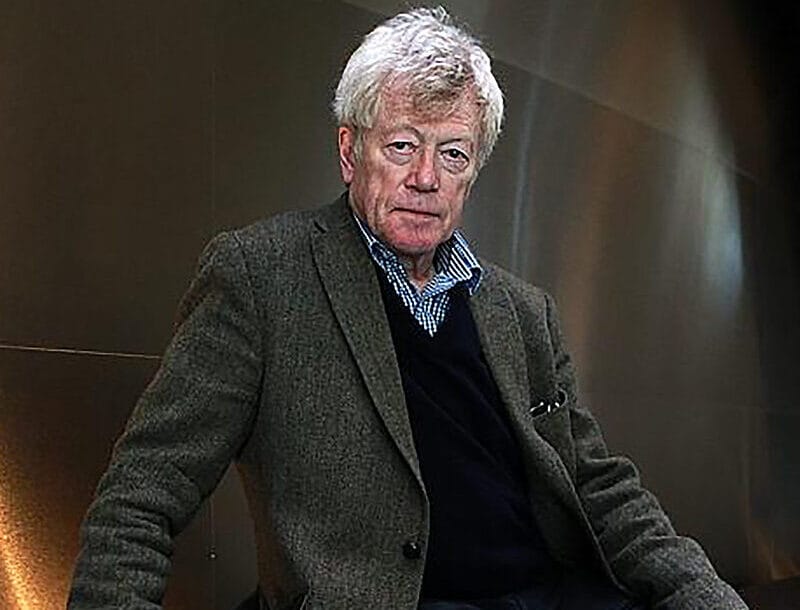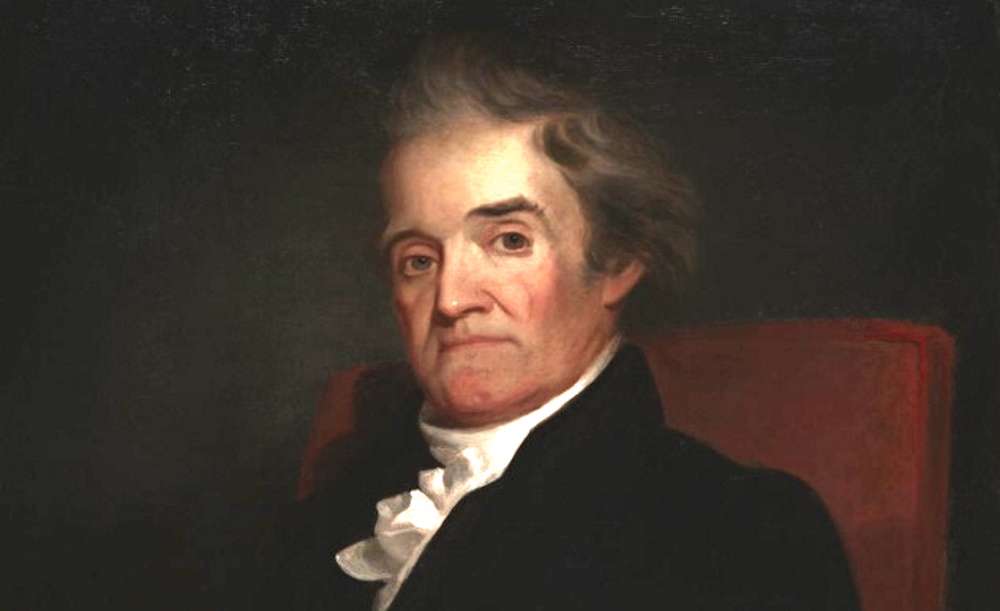Timeless reflections on the purpose of education

In all my writing, thinking, and speaking about education, I inevitably return to the deeper purpose of education. Why do we engage in education beyond taking tests, fulfilling an attendance policy, or securing a quality job? If someone isn’t truly going beyond that, I’m skeptical that they really know much about education. They might be skilled administrators of a bureaucracy, but that has little to do with a love of learning.
During my time in seminary and in my years of working at the Acton Institute, I came to see education as something far more deeper than a vocational journey. At its core, education is cultivation of the soul. Education should be and much of its purpose is preparing individuals for the trials of existence and maybe even failures in their own life. How do they respond to the adversity?
One of the quotes from below comes from Admiral James B. Stockdale, who is one of the most famous prisoners who languished in the Hoa Loa Prison (Hanoi Hilton) as a POW during the Vietnam War. Just read his Medal of Honor citation to understand a little about his character.
Stockdale was notably ridiculed by SNL during his appearance on the debate stage as the vice presidential nominee of Ross Perot in 1992, but years later I picked up his book “Thoughts of a Philosophical Fighter Pilot” and was blown away. He’s one of the most intelligent individuals that ever participated in one of those debates even though he was so far from being television savvy. Stockdale channeled the stoics to keep him alive in that prison, where he was brutally tortured as were other American heroes. His education and studies beyond the Naval Academy prepared him for one of the worst experiences imaginable.
I think you can learn a lot about education from the figures below and while this is only a primer for going deeper on education, I encourage readers to become familiar with their writings or speeches at a deeper level.
I. Russell Kirk
“The primary purpose of a liberal education, then, is the cultivation of the person’s own intellect and imagination, for the person’s own sake. It ought not to be forgotten, in this mass-age when the state aspires to be all in all, that genuine education is something higher than an instrument of public policy. True education is meant to develop the individual human being, the person, rather than to serve the state… The person has primacy in liberal education.” — “Redeeming the Time,” 1996.

II. Calvin Coolidge
“Without the presence of a great directing moral force intelligence either will not be developed or, if it be developed, it will prove self-destructive. Education which is not based on religion and character is not education. It is a contradiction in terms to suppose that there can be any real intelligence which does not recognize the binding force of right, of justice, and of truth.” — Address to the County Teachers’ Institute and School Directors’ Convention, 1922
III. Frederick Douglass
“Without education, he lives within the narrow, dark and grimy walls of ignorance. Education, on the other hand, means emancipation. It means light and liberty. It means the uplifting of the soul of man into the glorious light of truth, the light by which men can only be made free… To deny education to any people is one of the greatest crimes against human nature.” — “Blessings of Liberty and Education,” 1894
IV. Admiral James Stockdale
“The challenge of education is not to prepare people for success but to prepare them for failure.” — “Thoughts of a Philosophical Fighter Pilot,” 1995
V. Richard Weaver
“A liberal education specifically prepares for the achievement of freedom… Liberal education introduces one to the principles of things… The individual who is trained in these basic disciplines is able to confront any fact with the reality of his freedom to choose. This is the way in which liberal education liberates.” — “Education and the Individual,” 1959
VI. Roger Scruton
“The old idea of a liberal education emphasized the value of education in freeing the mind, and in inducing habits of informed and responsible choice… Now, however, the goal of education is often seen as a more outward liberty… a breaking free from the constraints of traditional morality in the interests of self-expression.” — “Limits of Liberty,” 2008
VII. Thomas Sowell
“The purpose of education is to give the student the intellectual tools to analyze, whether verbally or numerically, and to reach conclusions based on logic and evidence.” — “Inside American Education,” 1992



